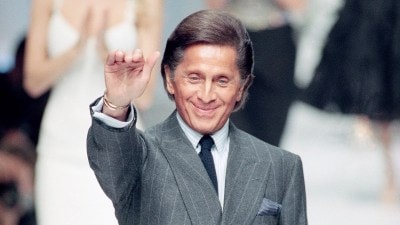Exit Iraq
Americas long,weary war in Iraq has come to a formal close,leaving the nation still unstable
After almost nine years,at the cost of tens of thousands of Iraqi lives and approximately 4,500 US soldiers,and a bill of 1 trillion for Washington,Americas war in Iraq has finally ended,with the final column of US armoured vehicles having crossed the border on Saturday night. US President Barack Obama does go down in history for having ended a deeply unpopular war although end-2011 is a date previously agreed upon by former president George W. Bush. US troops had already ended combat operations in Iraq last year.
Compared to the shock and awe of the invasion of Iraq in 2003,the US wrapped up the war rather matter-of-factly. While that demonstrates the differences in the personal and presidential styles of Bush and Obama,it also marks the ageing of the post-9/11 worldview. The US leaves Iraq when its perceived to have grown weaker economically and militarily,although the military aspect of that perception has more to do with Americas other war in Afghanistan. Meanwhile,Obama had,last week,both praised his soldiers and formally announced the end of the war. For the US,this was also a welcome break with the memory of the end of the Vietnam War its last troops may be leaving behind an Iraq with an uncertain future,but nobody can say they are returning home demoralised,or defeated.
As for Iraq,on an average more than 300 people are dying there every month. A relative political stability had to be achieved for security. The US might believe theres no more for it to do; and the Iraqis may believe so all the more. But not only are parliamentary proceedings regularly jeopardised,the Sunni-dominated provinces are restless,desiring autonomy like the Kurds. The US itself is worried about Iranian influence filling the vacuum. How Baghdad meets its challenges is the next chapter in history.
- 01
- 02
- 03
- 04
- 05































